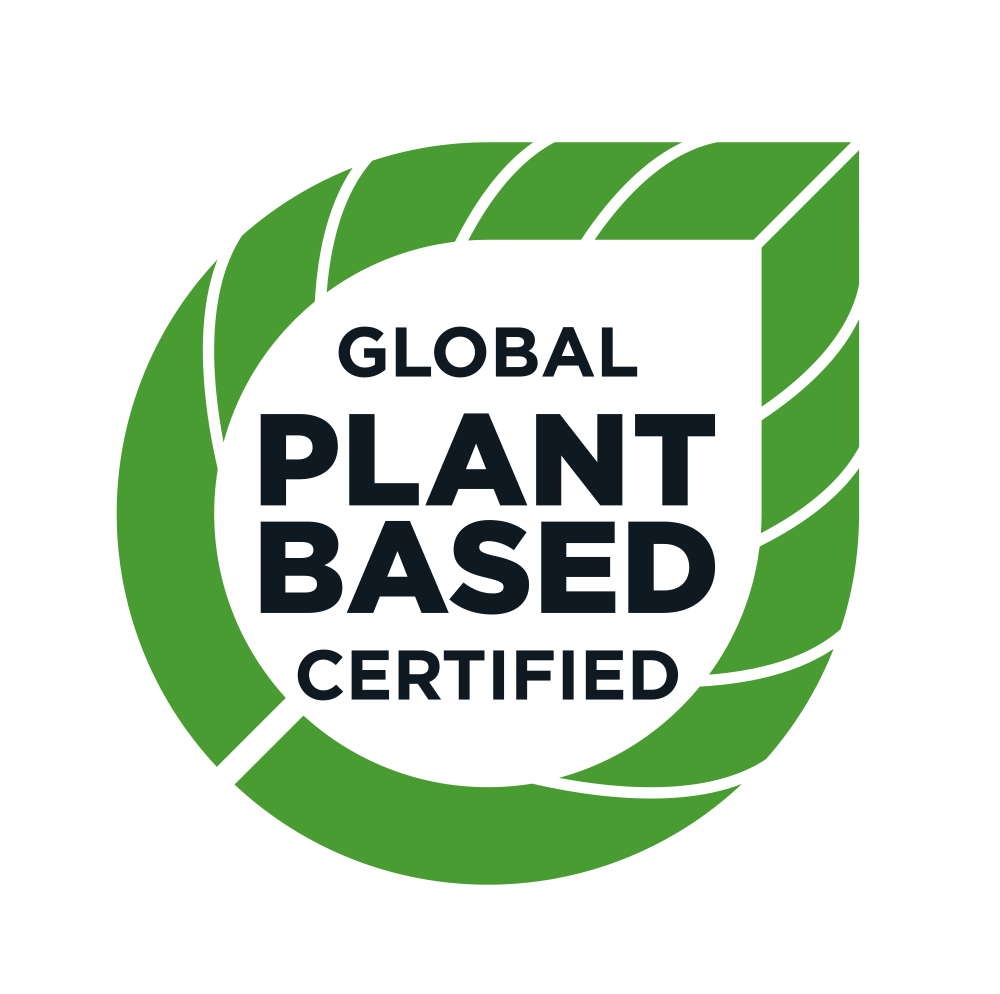Plant Based Growth, Trends and Forecast
By Mordor Intelligence
Market Overview
The plant protein market is forecasted at USD 9.5 billion in 2024 and is expected to register a CAGR of 7.0%, during the forecast period (2019-2024). In 2018, North America was the largest geographical segment of the market studied and accounted for a share of around 38.6% of the market.
The new compositional research and modified high-moisture extrusion process are helping the growth of the plant protein market. For instance, plant protein-based chocolates that are free from animal protein make up for a good demand in the market, for consumers who do not consume dairy. Plant-based milk has observed a significant growth in recent years, with an increasing number of people turning to dairy-free options. This innovative product line of ready-to-eat product with no compromise in taste and texture has, in turn, boosted the overall plant protein market.
Scope of the Report
The plant protein market involves protein ingredients derived from plants as a source. The products considered are manufactured by companies that have their procurement system and farms, as a part of the agribusiness unit.
Key Market Trends
Increasing Incidences of Intolerance for Animal Protein
The National Institute of Allergy and Infectious Diseases reveal that 90% of food allergy is caused by eggs, milk, fish, red meat, soy, and nuts. Due to animal protein allergies, most of the meat consumers are inclined toward meat substitutes made of vegan protein, which ultimately drives the plant protein market. According to the reference list of allergen data collection, the allergen from chicken meat ranges from 0.5-5% in Southern Europe. Pea protein, earlier recognized as a complete protein with the essential amino acid profile, contains egg like the potential that can be incorporated into several egg-based products, like pasta, vermicelli, cakes, and cookies. According to the United States Center for Disease Control and Prevention, 12.2 million people are suffering from food allergy, of which two-thirds is associated with egg allergy.
North America Holds a Lion’s Share in the Market
According to Mordor Intelligence analysis, the share of North American plant protein market was 38.6% in 2018. The demand for plant proteins is growing at a fast rate, owing to change in lifestyle, lack of balanced dietary intake, and improved R&D, in order to develop new kinds of plant-protein enriched products. The United States continues to capture the largest market share for plant protein, followed by Canada and Mexico. The demand for processed and low cholesterol foods has paved the way for the plant-based protein market, in the region. Nowadays, consumers are switching to other alternative products, such as green label food products, coupled with raising awareness of healthy and plant-based products, due to an increase in the availability of counterfeit products in the market.
Competitive Landscape
Cargill, ADM, Kerry Group, DuPont Danisco, and Glanbia, dominate the market with major strategies namely, acquisitions, expansions, and new product launches. In order to increase their market share, companies are focusing on new innovative products, by targeting the new source of plant proteins, such as hemp and chia. A large number of players drive the plant protein market. Currently, there are numerous active players in this industry, such as Cargill, DuPont, ADM, and Kerry. The leading companies focus on the expansion of their plant protein business, in the local and international markets.
Source: https://www.mordorintelligence.com/industry-reports/plant…

